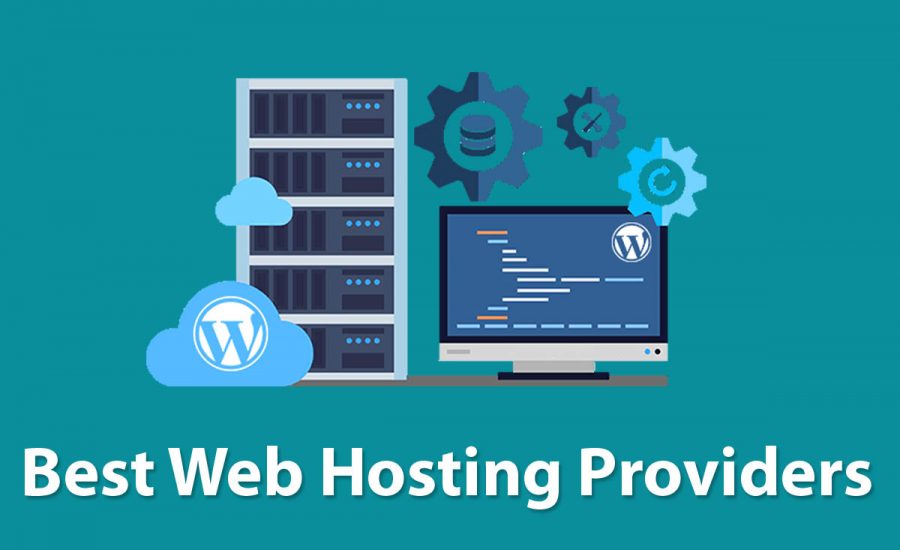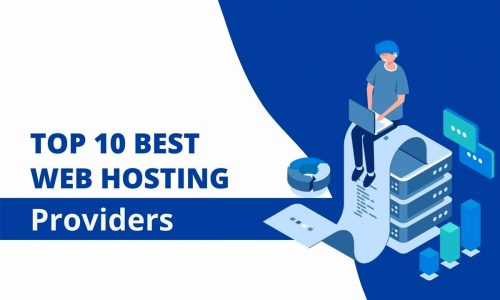1. The type of hosting service provided :
- Is it likely that you’ll need your own infrastructure?
- Will you need more access to or control over your website’s server(s)?
- Are you a non-technical person?
- Would it be simpler to delegate maintenance to the hosting company?
All of these, and more, should be asked of yourself. Examine the advantages and disadvantages of shared hosting, VPS hosting, dedicated hosting, and managed hosting. Consider what you want it to accomplish and don’t be afraid to seek advice.
2. Support Service :
- What are the available support channels: email, forums, live chat, phone, 24 hours a day, 7 days a week, or during business hours?
- Are they based in the United States or abroad?
You must be able to quickly resolve any issues that arise with your server or website, from technical errors to DNS attacks. Depending on your website, this becomes more important. If you run an e-commerce site, for example, you’ll be losing money every minute you’re not online. As a result, make certain that the assistance is appropriate for you.
3. Characteristics :
- What features are available?
- Is cPanel used by the host for one-click software installations?
- What kind of storage and bandwidth do you have? What is the maximum number of domains that can be hosted on a single account?
Any website’s functionality and future-proofing are critical. Does the hosting company have the capacity and features to allow for growth as your website and the amount of space you need grows?
The hosting company you choose should be able to seamlessly transition you to the next plan or storage space capacity as your business or website grows. Scalability, both upgrade and downgrade, is an important feature that is often ignored.
4. Locations of the servers :
- Is it important to you where the data centres are located?
- Do you gather personally identifiable information on your website?
- Are you a compliance-driven organisation?
If you answered yes to any of these questions, you may want to look into where your servers are located. Some web hosting companies even let you choose the location of your data centre. Speed and performance are two advantages of choosing your data centre. Websites with a lot of resources, big scripts, and even WordPress themes all have an impact on how quickly a site loads.
5. Specialization areas :
- What platforms do they have a lot of experience with?
- Best WordPress Developer in India?
WordPress is by far the most popular website on the internet. Several hosting companies offer WordPress Website Hosting Cost and plans. If WordPress is your website’s content management system, you should investigate managed WordPress hosting options. However, besides WordPress, there are a variety of other content management systems.
6. Safety and security :
- Depending on the nature of your company, you may have more stringent security requirements. Will this hosting company live up to these standards? Is it possible that someone else is better equipped?
- Are SSL certificates also included?
Similarly, just because you aren’t required to meet regulated standards doesn’t mean you shouldn’t consider security when making your decision. The internet is a dangerous place, so make sure your hosting provider has adequate security measures in place to protect your server and website.
7. Online price and general feedback :
- What are their rates, and how do they compare to the other hosts on your list?
- Is cost a consideration, or are you willing to pay a little more for a more comprehensive service?
- How much does it cost to renew? Is it possible to get a long-term subscription?
Because you don’t switch web hosts very often, some savvy hosting providers offer their plans at ridiculously low prices to entice you in. Most of the time, they make up for it by charging you an astronomically high renewable price. As a result, make sure you consider not only the initial cost but also the cost of subsequent renewals.






